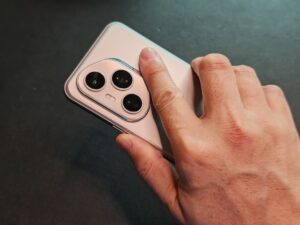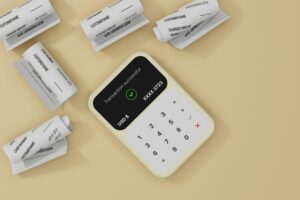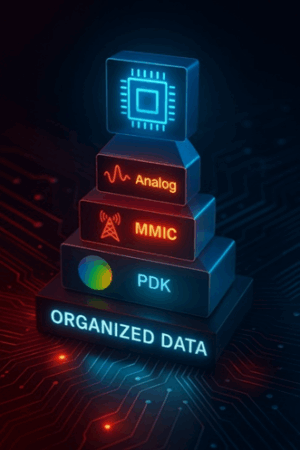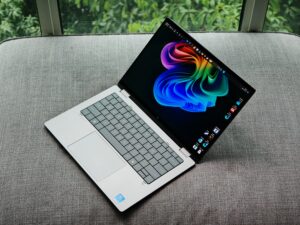At a retail industry event this week, Singapore grocery chain FairPrice showed off what it saw as the future of retail stores, complete with smart carts that let you check out yourself and even payment kiosks that only need to scan your palm.
The smart cart demo is interesting because it essentially replaces the cashier or even the self-service counter that shoppers here are familiar with by now. Plus, it’s actually being tested in a real store in Sengkang, in the northeast.
With this connected cart, you can scan items as you pick stuff up from shelves. A screen that’s connected to the cloud basically “knows” you if you choose to identify yourself to FairPrice and can personalise the experience by suggesting stuff you might be interested in.
The smart cart can also prompt you with good deals as you walk past certain aisles that have a promotion for, say, a pack of chips or a carton of milk.
Of course, if you throw in items and don’t scan them, the cart senses the difference in weight and a light will go off to alert staff. Yup, similar to today’s self-service machines.
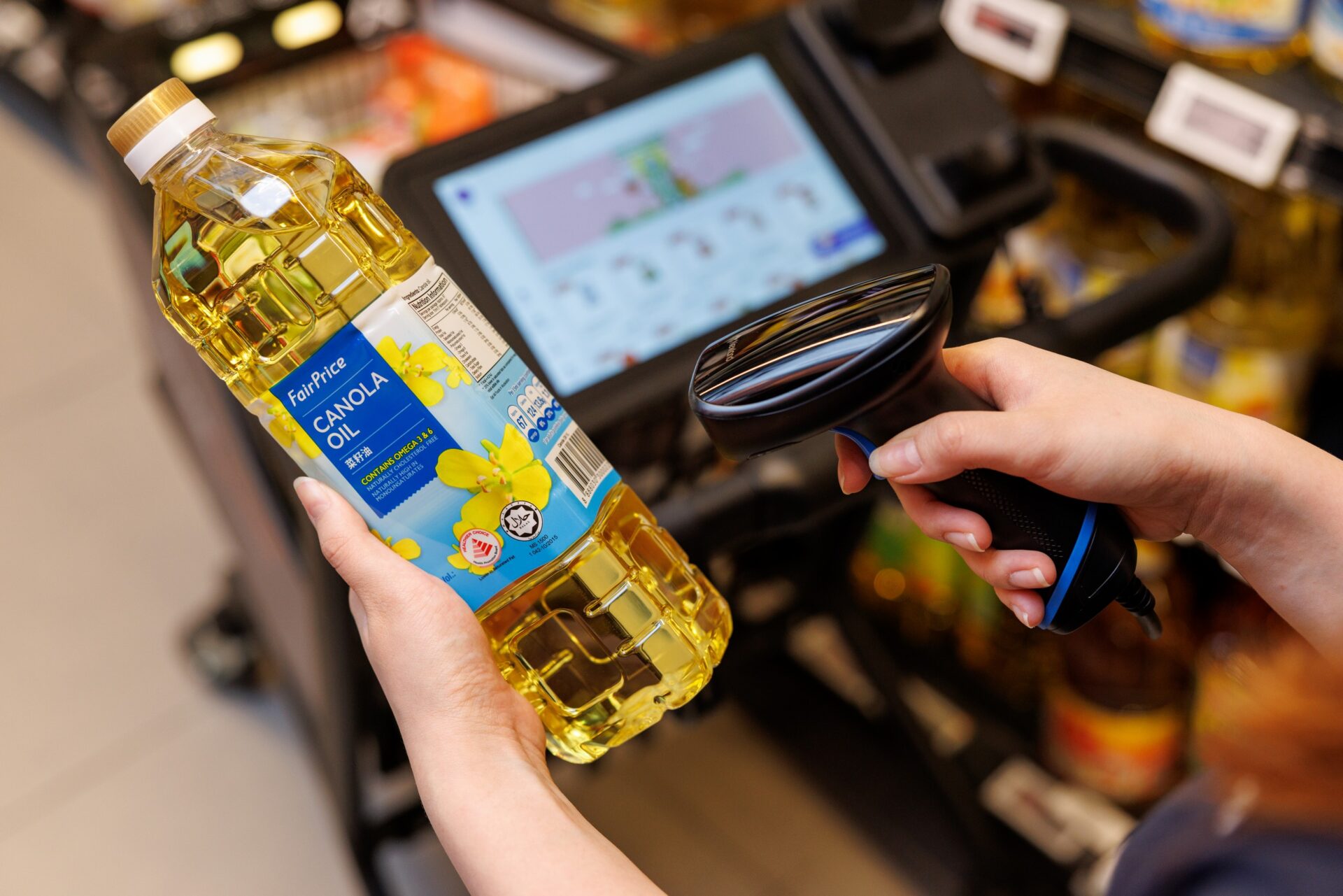
What’s the big deal, you wonder, when you often just want to rush in and out of a grocery store for your bread, toothpaste or toilet paper and be out soonest?
Well, that’s exactly what FairPrice wants you to rethink, so you will consider buying more. This smarter experience is supposed to interest you in things you might not have been interested in previously.
Besides this, FairPrice also wants to make transactions smoother by using biometrics. A user can scan their palm, as registered with a FairPrice app, as they check out.
Separately, seniors can also log in with their government digital ID to enjoy a discount when checking out – this means no more looking for the seniors card in the pocket.
These changes, which Google Cloud is helping to power with its analytics and data tools, promise to remove much of the friction of everyday grocery shopping.
However, a big challenge that the industry experts at this week’s National Retail Federation’s Big Show Asia Pacific 2025 all know is that consumers ultimately decide if an innovation works.
You only have to think about Amazon’s physical stores, which promised a “just walk out” checkout not long ago. In other words, pick up your stuff at a store, let the cameras track you and then walk out and get billed via e-mail.
Sounds cool, except the “AI-powered” technology actually involved thousands of workers in India looking at camera footage to monitor what people took at the stores.
Asked about such unmanned retail outlets by The Straits Times, FairPrice Group chief executive, Vipul Chawla, said: “There’s no warmth.”
In truth, FairPrice isn’t new to smart carts or checkouts. It already has a Scan & Go app today that lets you scan the barcode on items and place them in a “dumb” cart.
You pay via an app before you leave a store. Not as cool as a “smart” cart but it does remove a lot of the friction that makes grocery shopping difficult.
And there is still much to ponder about for these newfangled carts. For one, they still require you to download an app to get onboard, which is an inconvenience. Plus, folks concerned with privacy might still prefer a disconnected experience.
Perhaps what’s more interesting in the FairPrice store of tomorrow is the back-end operations that are being upgraded. Using video analytics, for example, a store manager can monitor stock status as well as the need for maintenance, say, if there is a spill.
FairPrice will also make AI tools available to staff, so they can track store operations and have tasks assigned more quickly. Other improvements include electronic price tags, which can be updated more easily instead of having staff print out prices to replace manually.
These could be the boring stuff that make a bigger impact. Today, Singapore retailers face a labour and rental crunch, as well as competition from digital competitors.
In 2024, FairPrice Group’s revenues grew to S$4.57 billion, up from S$4.42 billion the year before. However, higher expenses, including staff costs, have also held back the co-operative, resulting in lower profit from operations if consider an impairment loss in 2023 that’s not recorded in 2024.
What this means is that grocery retailers need to streamline operations even more, perhaps by making customers carry out self-service and enabling staff to improve the shopping experience through real, human interaction when needed.
Besides smart carts, retailers have to not just deliver the long-promised personalised experiences but also make it simply less costly to run a store using more technology. That’s the urgent task in Singapore, where rental and staff costs won’t be coming down soon.
